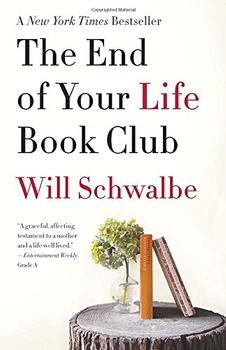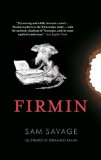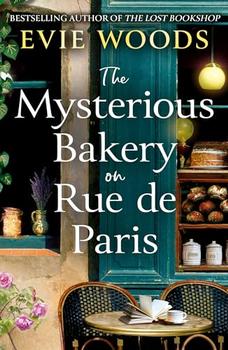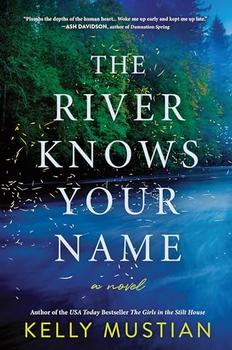Summary | Excerpt | Reading Guide | Reviews | Beyond the book | Read-Alikes | Genres & Themes | Author Bio

A novel about a man's search for meaning that illuminates our deepest concerns: love and death, marriage and family, and the mysterious tug of beauty on the human heart.
From the bestselling author of The Sixteen Pleasures comes an unforgettable novel about a man's search for meaning, in the tradition of Louis Begley's About Schmidt and Evan Connell's Mr. Bridge.
Rudy Harrington has spent half his life in a rambling Chicago house, raising three daughters with his independent-minded wife. But his wife has died, his daughters have moved away, and Rudy is restless. In what he interprets as a moment of transcendent vision, he puts the family home up for sale and buys an avocado grove in Texas. While adapting to his new vocation, new home, and new friends, Rudy takes up a book--Philosophy Made Simple--and begins to struggle with Plato and Aristotle, Hume and Schopenhauer. His newly acquired wisdom is put to the test when he enlists the neighborhood elephant to preside over his daughter's Hindu wedding and falls in love with the groom's mother.
Hellenga brings back characters from his bestselling The Sixteen Pleasures and introduces many compelling new ones--including the elephant, who paints--in a novel that illuminates our deepest concerns: love and death, marriage and family, and the mysterious tug of beauty on the human heart.
It's a quietly funny story set in the late 1960s, and very well observed. If you read and enjoyed books such as The Poet of Tolstoy Park or The No.1 Ladies Detective Agency series, then Robert Hellenga's latest is a shoe-in for you...continued
Full Review
(298 words)
This review is available to non-members for a limited time. For full access,
become a member today.
(Reviewed by BookBrowse Review Team).
This is Hellenga's fourth novel following The Sixteen Pleasures (1994),
The Fall of a Sparrow (1998), and Blues Lessons (2002). Set
in the late 1960s, Philosophy Made Simple shares many of the same
characters as The Sixteen Pleasures, but it is certainly not necessary to
have read the earlier book to enjoy the latter. Having said that, if you're interested to know what came before, below is a brief summary of The Sixteen Pleasures.
About The Sixteen Pleasures
Margot (one of Rudy's daughters) gave up her place at Harvard to care for
her ailing mother. Now, at 29, this librarian and book conservator answers
the call for volunteers to help Florence save its art treasures from the rapidly
flooding Arno River (1966). While in ...
This "beyond the book" feature is available to non-members for a limited time. Join today for full access.

If you liked Philosophy Made Simple, try these:

The End of Your Life Book Club
by Will Schwalbe
Published 2013
The inspiring story of a son and his dying mother, who form a "book club" that brings them together as her life comes to a close.

by Sam Savage
Published 2009
Firmin is a rat born in a book (a shredded copy of Finneggans Wake), who finds the books he consumes also consume his soul. He becomes a vagabond and philosopher, struggling with mortality and meaning.



A library is thought in cold storage
Click Here to find out who said this, as well as discovering other famous literary quotes!